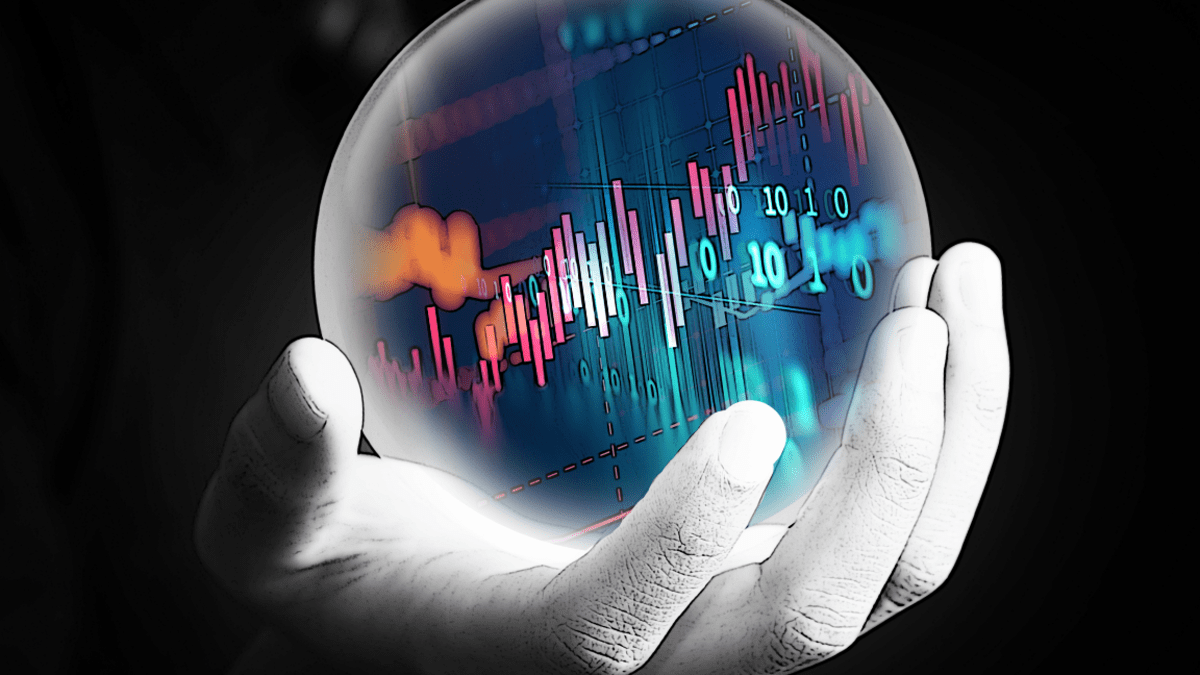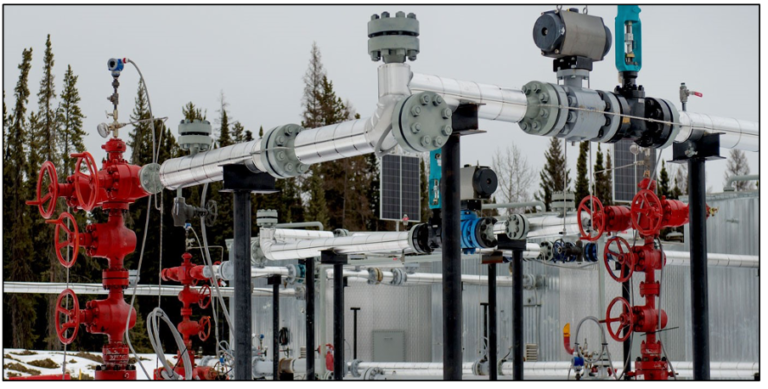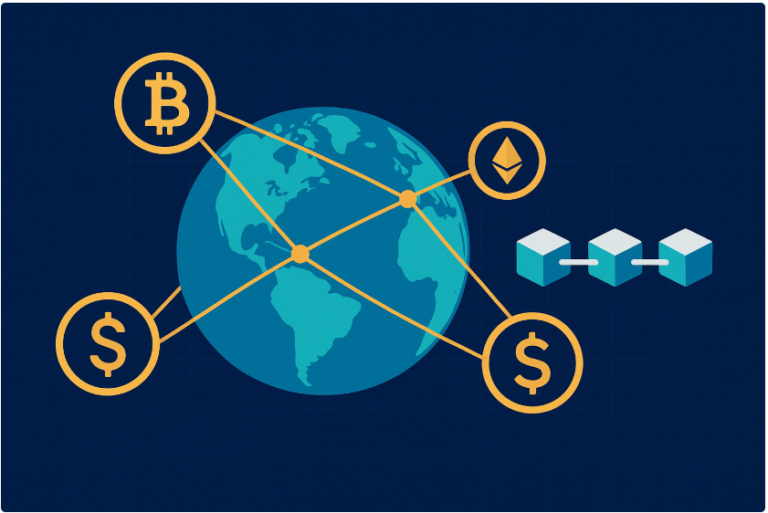The Influence of Global Events on the Stock Market
Introduction
The stock market is a dynamic entity, influenced by a multitude of factors. Among these, global events play a significant role in shaping market trends and investor sentiment. Whether it’s political upheaval, economic policies, natural disasters, or technological advancements, global events can trigger fluctuations in stock prices, sometimes causing unprecedented volatility. Understanding how these events impact the stock market can help investors make informed decisions and navigate the complexities of the market more effectively.
Political Events
Political events, such as elections, policy changes, and international relations, have a profound impact on the stock market. For instance, the outcome of a presidential election can influence investor confidence and market stability. Policies proposed by a new government regarding taxation, trade, and regulation can either bolster or hinder market performance.
Example: The 2016 US Presidential Election saw significant market fluctuations, with investors reacting to the potential economic policies of the candidates. The stock market experienced initial volatility but eventually rallied post-election, reflecting investor optimism about future growth.
Economic Policies
Global economic policies, including interest rate changes, trade agreements, and fiscal stimulus, can also sway the stock market. Central banks’ decisions on interest rates directly affect borrowing costs, consumer spending, and corporate profits. Trade agreements or disputes can impact the global supply chain, influencing stock prices of companies dependent on international trade.
Example: The US-China trade war created significant uncertainty in the stock market. Tariffs imposed by both countries led to market volatility, affecting stock prices of companies with substantial exposure to China.
Natural Disasters and Pandemics
Natural disasters and pandemics can disrupt economies, causing abrupt changes in the stock market. These events can lead to supply chain disruptions, reduced consumer spending, and increased operational costs for businesses. Investors often react by shifting their investments to safer assets, leading to market volatility.
Example: The COVID-19 pandemic had a drastic impact on global stock markets. In March 2020, major indices around the world plummeted as countries imposed lockdowns and businesses shut down. However, markets eventually rebounded as governments and central banks introduced stimulus measures.
Technological Advancements
Technological advancements can drive significant changes in the stock market. Innovations in sectors such as artificial intelligence, biotechnology, and renewable energy can lead to the emergence of new market leaders and the decline of outdated industries. Investors keenly watch for breakthroughs that can offer lucrative investment opportunities.
Example: The rise of electric vehicles (EVs) has revolutionized the automotive industry. Companies like Tesla have seen substantial stock price increases due to their leadership in EV technology, while traditional automakers are racing to adapt.
Social Movements and Consumer Behavior
Social movements and shifts in consumer behavior can also influence the stock market. Changes in consumer preferences, driven by social and environmental awareness, can impact the performance of various industries. Companies aligning with these trends often see positive market responses.
Example: The growing emphasis on environmental sustainability has boosted the stock prices of companies involved in renewable energy and sustainable practices. Conversely, industries perceived as environmentally harmful, such as fossil fuels, face increased scrutiny and declining investor interest.
Geopolitical Tensions
Geopolitical tensions, including conflicts, sanctions, and diplomatic negotiations, can create uncertainty in the stock market. Investors often react to geopolitical risks by reallocating assets to minimize potential losses. The impact of such events can vary depending on the regions and industries involved.
Example: The Russia-Ukraine conflict led to significant market instability, particularly in energy markets. Sanctions on Russia and disruptions in energy supply chains caused fluctuations in oil and gas prices, impacting related stocks globally.
Market Sentiment and Speculation
Investor sentiment and speculation play crucial roles in how global events influence the stock market. Media coverage, expert opinions, and market rumors can amplify the effects of global events, leading to heightened volatility. Investors’ reactions, whether rational or irrational, can cause rapid market movements.
Example: The Brexit referendum in 2016 is a prime example of market sentiment driving stock market behavior. The uncertainty surrounding the UK’s decision to leave the European Union led to significant market volatility, with stocks fluctuating based on speculative news and opinions.
Strategies for Navigating Market Volatility
Understanding the influence of global events on the stock market is crucial for investors. Here are some strategies to navigate market volatility:
- Diversification: Spread investments across various sectors and geographies to minimize risk.
- Stay Informed: Keep abreast of global news and market trends to make timely investment decisions.
- Long-Term Perspective: Focus on long-term goals rather than short-term market fluctuations.
- Risk Management: Implement strategies like stop-loss orders and hedging to protect investments.
- Consult Experts: Seek advice from financial advisors to develop a robust investment strategy.
Conclusion
Global events have a significant and often unpredictable impact on the stock market. From political upheavals to technological advancements, understanding these influences can help investors make informed decisions and navigate market volatility. By staying informed and adopting sound investment strategies, investors can better manage risks and capitalize on opportunities presented by global events. The key lies in maintaining a balanced perspective and being prepared for both the challenges and opportunities that global events bring to the stock market.






